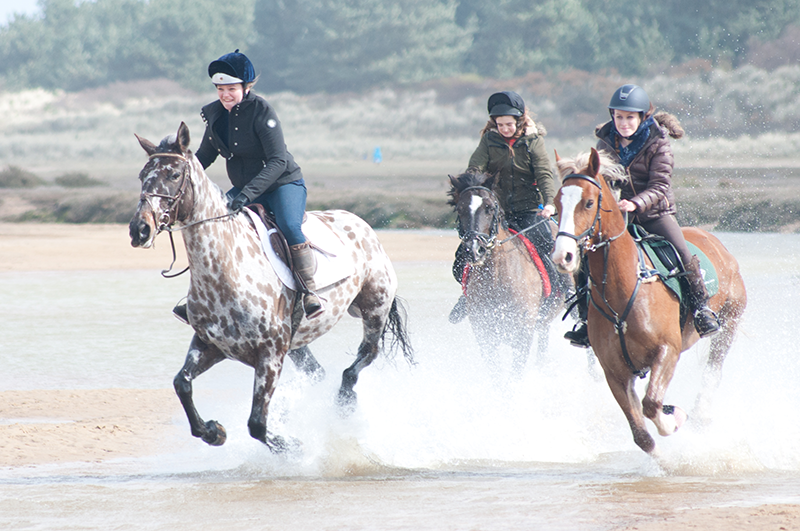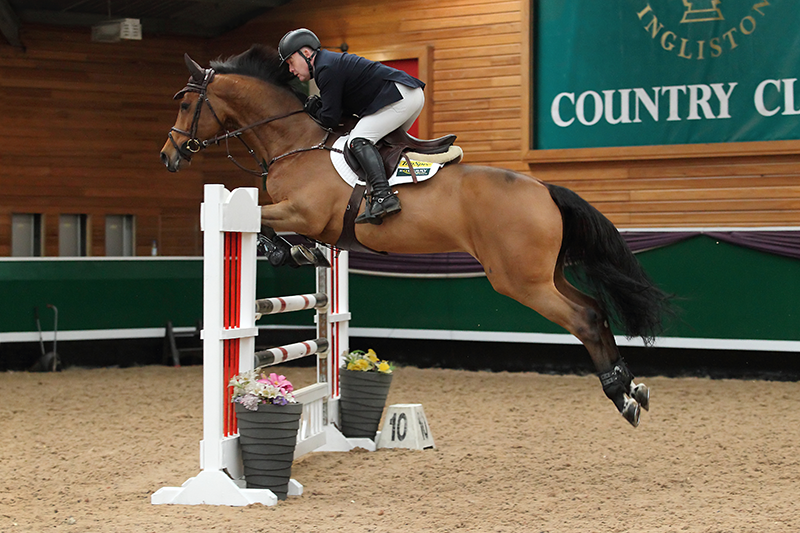TEN RULES OF FEEDING
1. Feed plenty of forage: Horses are ‘trickle-feeder’ and would naturally spend at least 70% of their time eating. This almost continuous intake of forage not only provides a source of nutrients but also plays a vital role in mental and digestive health. Ideally, horses should have ad lib access to suitable sources of forage.
2. Feed ‘little and often’: Too much hard feed in one meal can cause digestive problems such as colic. You must divide the daily hard feed into several small meals of no more than 400g dry-weight/100kg bodyweight. Meals should be spaced at least 4 hours apart.
3. Provide a constant supply of fresh water: On average a horse will drink around 20 litres/day. This can double if the horse is working hard in hot weather.
4. Make all changes gradually: Sudden changes to the diet or management can disrupt the delicate balance of bacteria in the hind-gut, leading to problems such as colic. All changes to the diet, including hard feed and forage, should be made slowly over at least 4 days.
5. Keep to a routine: Horses are creatures of habit and thrive on a structured daily routine. Try to keep to the same feeding time each day.
6. Feed by weight not volume: To ensure you are feeding the correct quantities you need to weigh your scoop. On average a Stubbs scoop holds around 2kg of cubes or 1.5kg of mix.
7. Feed according to condition: Ideally, you should be able to able to feel but not see your horse’s ribs, the hind-quarters should be rounded and the neck firm, but without a crest. Remember that horses are the original ‘yo-yo dieters’. It is normal for them to gain a little weight during the spring and summer, which they will then lose during the colder winter months.
8. Feed according to temperament: A low-starch cube is recommended if your horse tends to be a bit fizzy whereas a mix is recommended for more laid-back types. However, remember that feeding an overweight horse that is lacking energy a high energy (calorie) feed is likely to result in weight gain and make them even more lethargic.
9. Replace salt losses: If your horse is in work it is important to replace the salt lost through sweating by adding some salt to their daily feeds and/or by providing a salt-lick.
10. If in doubt, ask the experts: If your horse needs specialist dietary support, or you simply want to make sure you’re feeding him correctly, we are here to help.




